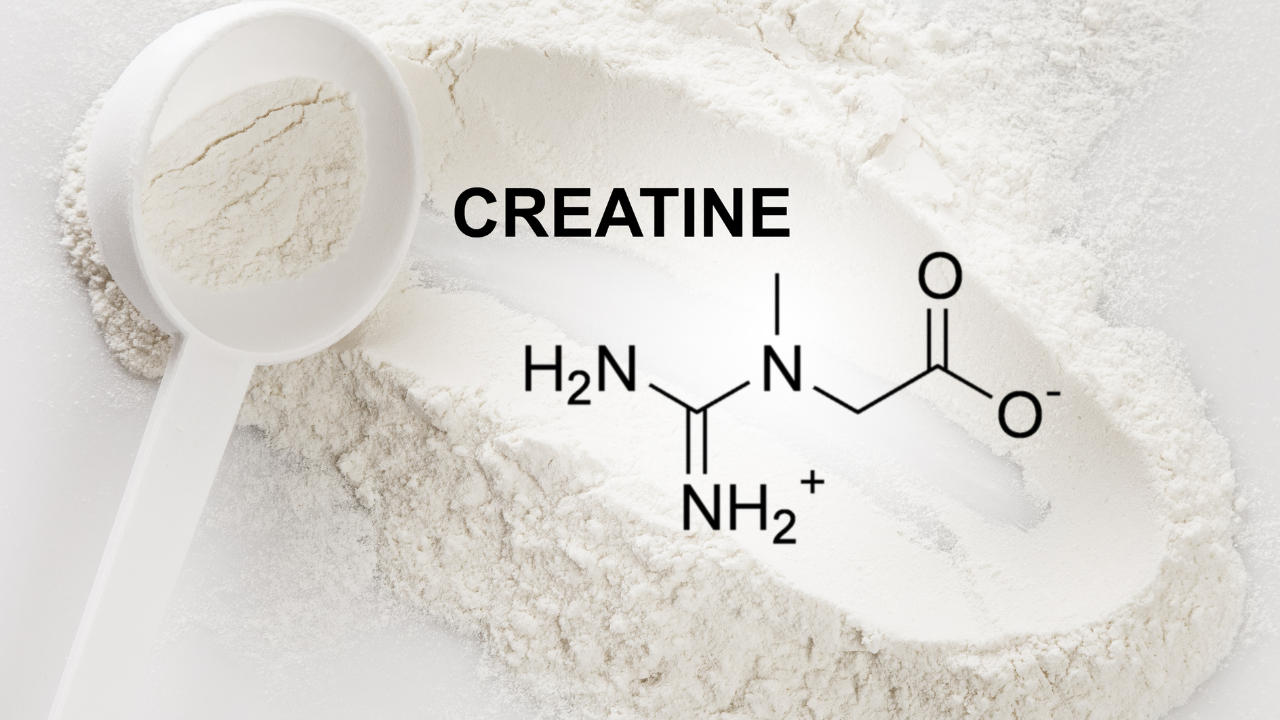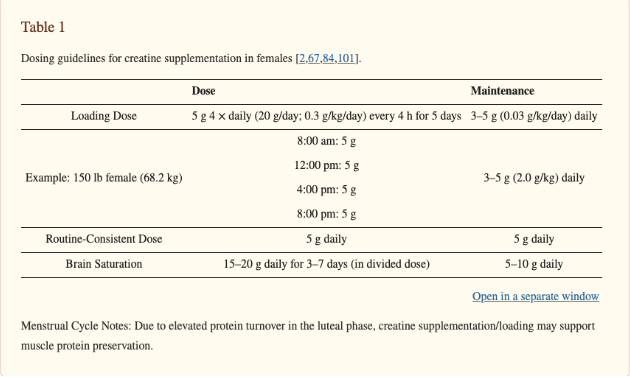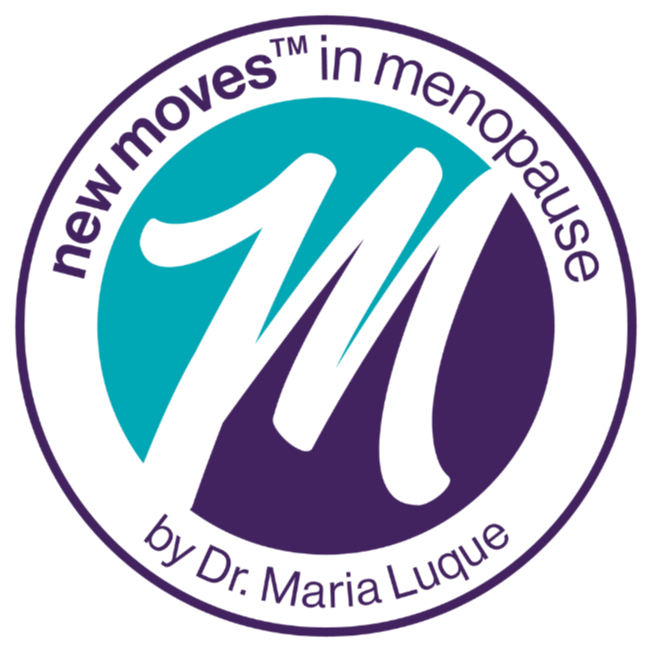Menopause Menu: Creatine
Sep 09, 2022
I’ve been excited about creatine for a long time, and now that I’m in perimenopause, I’m even more excited about it. Loss of muscle mass and strength can be an involuntary part of aging. There is even a term for it - sarcopenia. Starting in the late 30s, we start losing muscle and strength, with almost 50% of it potentially lost in our 80s. During menopause, this loss is accelerated due to the loss of estrogen, which is evident in the increasing number of osteoporosis and fractures in postmenopausal women (1 in 2 women over 50 will break a bone due to osteoporosis). The good news is that this is preventable - with resistance and strength training! This is where creatine can become a powerful tool. Studies show that postmenopausal women supplementing with creating showed significant gains in muscle mass and strength. “Creatine supplementation has been shown to act as a possible countermeasure to the menopausal-related decrease in muscle, bone, and strength by reducing inflammation, oxidative stress.”
What is it?
In its simplest definition, creatine is a naturally occurring amino compound mostly stored in skeletal muscle (95%) but also stored in the brain and organs in a smaller percentage. It plays a crucial role in energy production and muscle contraction. It helps your muscles perform at their best, such as lifting heavy things and sustaining higher training intensities. It is the body’s favorite source of energy for anaerobic workouts. It gets depleted very quickly during high-intensity workouts, highlighting the potential benefits of supplementation to help replenish creatine supply.
Where does it come from, and How to get it?
The body produces creatine naturally through the consumption of creatine-containing foods or supplements. Some of the highest creatine concentrations in food are herring, chicken, red meat, salmon, and tuna. For people that eat a plant-based diet, consuming enough creatine can be challenging because the three amino acids that are necessary for creatine formation (L-arginine: glycine amidinotransferase, methionine adenosyltransferase, and guanidinoacetate methyltransferase) are found together only in animal products. That said, someone on a plant-based diet could try to get each amino acid by combining different foods containing them. The easier option is creatine supplementation.
Benefits!
Creatine has been extensively studied and continues to be studied for a wide range of health benefits. Its benefits include energy, muscle mass, muscle strength, performance, recovery, cognition, mood, depression, sleep, strength, body composition, neuroprotective, and memory. Creatine supplementation is most effective when combined with resistance training, particularly in post-menopausal women.
Is it safe?
Creatine is the most well-studied supplement in sports, and studies have consistently shown that it is safe. Women-specific studies suggest that women's risk-to-benefit ratio for creatine supplementation is low. According to Smith-Ryan et al. (2021), creatine supplementation poses no greater risk than a placebo.
Supplementation Guidelines
Both short- and long-term creatine supplementation can increase muscular strength and power. Regarding how much creatine you need, Smith-Ryan et al., (2021) put together a great table with guidelines. Either one of these options works:

Table 1: Smith-Ryan, A. E., Cabre, H. E., Eckerson, J. M., & Candow, D. G. (2021). Creatine Supplementation in Women's Health: A Lifespan Perspective. Nutrients, 13(3), 877. https://doi.org/10.3390/nu13030877
Final thoughts
Creatine is, without a doubt, a safe and effective amino compound that has a wide range of health benefits, particularly for the menopausal transition and beyond. I am a big fan of it and use it personally. I don’t sell it or advocate any specific brand, so this is not a sales pitch. Just a review of the literature on a product that I like and want to recommend because I think it’s worth a try.
Disclaimer: This is not to be taken as medical advice or nutritional guidance. My advice is always to be careful when adding new supplements or herbs to your diet because they could interact with your medication/medical condition. It is always an excellent idea to reach out to your physician to confirm that adding any new food/supplement will not harm your health.



